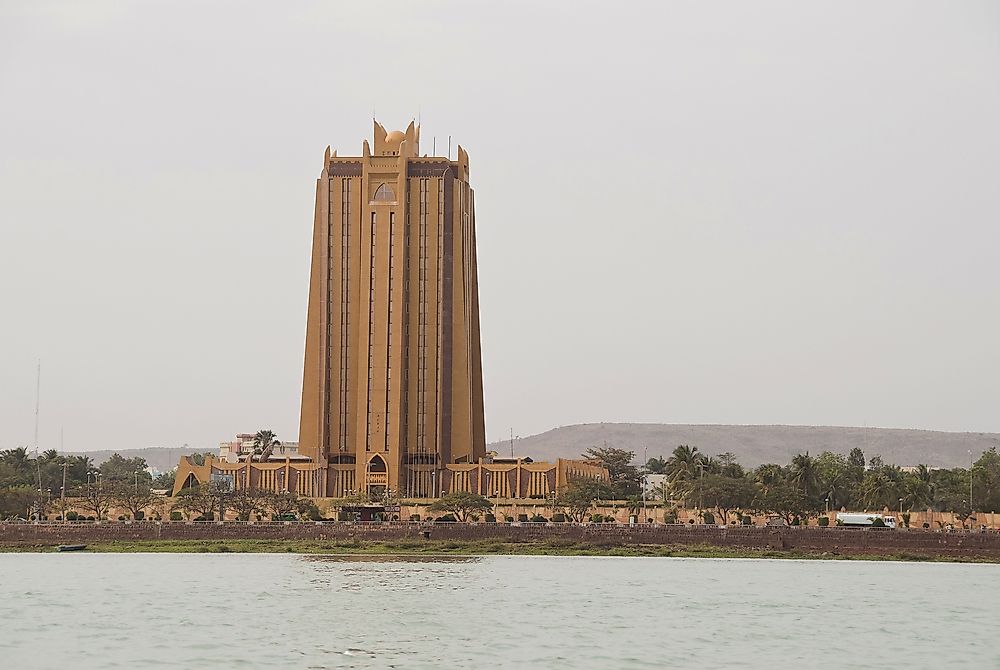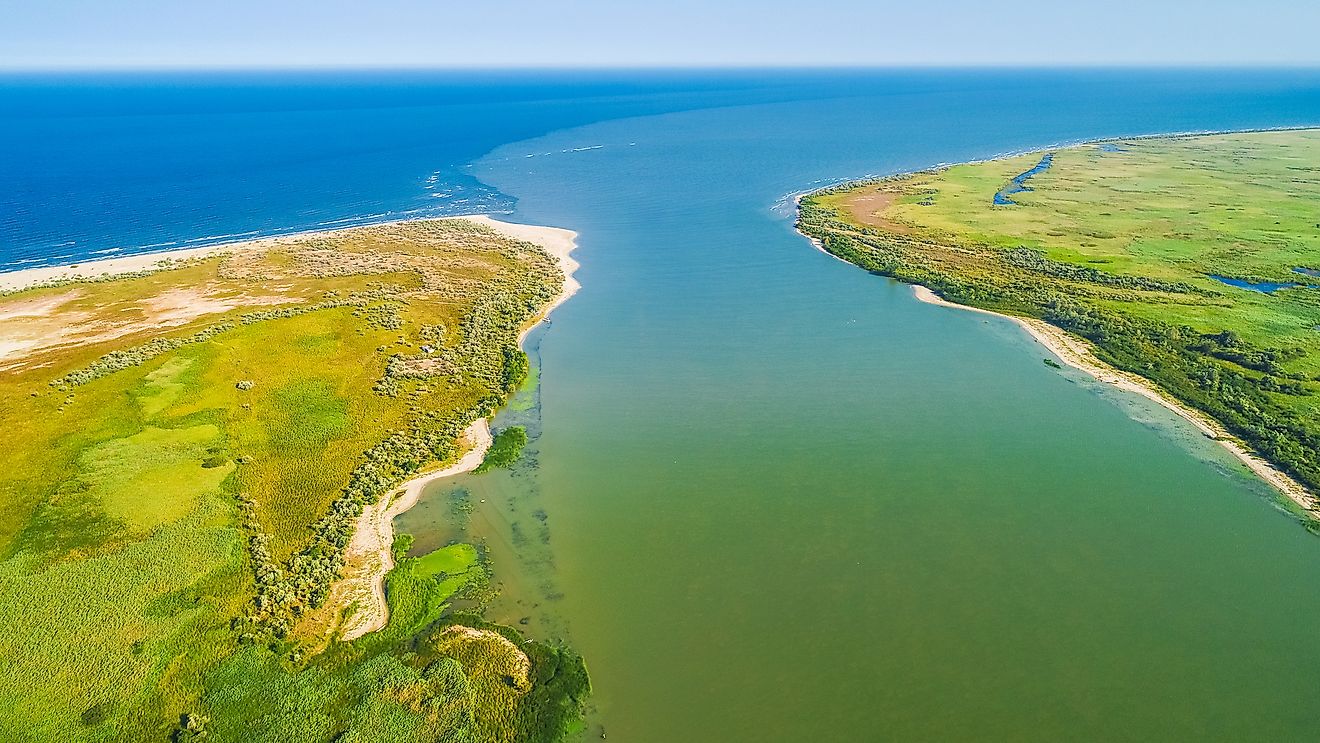What is Decolonization?

Decolonization is the process by which a country previously controlled by another becomes politically independent. The period between 1945 and 1960 saw many nations attaining their independence. The first countries to gain independence from Great Britain in 1947 were Pakistan and India. Decolonization may take various forms: achievement of independence, integration with another state, or establishment of a “free association” status. Decolonization occurred through peaceful negotiations, violent revolts, or non-violent protests. Although there are over 100 independent states today, it is believed that these states still rely on their past colonial rulers due to neocolonialism.
Causes of Decolonization
There were many causes of decolonization. One of them was the thirst for independence by the colonized which led to increased incidences of political unrest in many colonies. Nationalism campaigns also fuelled rebellion among the natives. Consequently, the white rulers surrendered their rule to the local leaders. Secondly, the World War II also promoted decolonization. The defeat of some countries considered powerful demonstrated that developed nations were vulnerable. Hence, the outcome of the World War II substantially challenged the white supremacy myth. Thirdly, there was a focus on anti-colonialism measures by organizations such as the United Nations (UN). Since its formation, the UN has been an active participant in advocating for the political independence of states. The UN has seen over 80 former colonies attain their sovereignty. Nevertheless, the decolonization process remains incomplete as over 17 Non-Self Governing Territories are yet to be Free states.
Challenges of Decolonization
State Building
As soon as a country became independent, it was required to form a government, a constitution, a military, an education system, an electoral system, and other institutions of representative democracy. The challenge with this expectation was that some colonial powers provided active support while others left the colonies to pick up their broken pieces.
Nation Building
Nation-building involved creating a sense of belonging, loyalty, and identification to the state. The self-governing colonies needed to promote a shift from allegiance to the colonial powers to the local leaders. The process of nation-building also involved the creation of symbols of unity which included flags, national anthems, national sports teams, monuments, and codified indigenous official languages.
Dealing with settled populations during decolonization was a complicated matter. Different nations dealt with the subject differently. For instance, in South Africa, President Mandela allowed the Europeans and other settlers to stay in the county and help in its rebuilding. However, in most African countries, the white settlers were forced to pack their belongings and go back to their homelands. On the contrary, there are countries such as the United States and the Cayman Islands where the settler populations became the majority, and the natives became the minority. Consequently, in these countries, the colonizers have settled in their former colonies.
Economic Development
Newly independent states had the mandate of establishing independent financial institutions. Such institutions included banks, tax systems, central banks, and national currencies. Furthermore, the countries created programs that facilitated land reforms and industrialization. The West African countries, those that were colonies of France, maintained strong ties with the French government. As a result, the French treasury still guarantees their currency known as the CFA Franc which is shared by 14 countries in West Africa. Concerning the colonizers, decolonization had minimal effect on their economies. In fact, they were still able to obtain cheap labor and raw materials from their former colonies without any financial burden.











